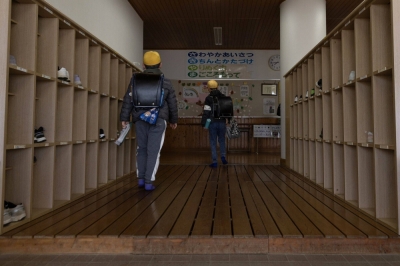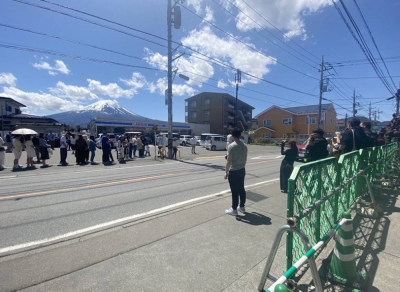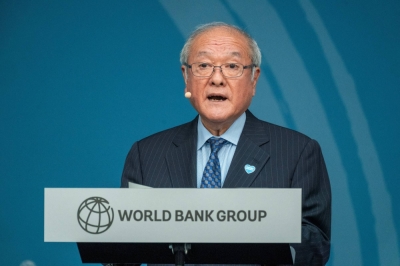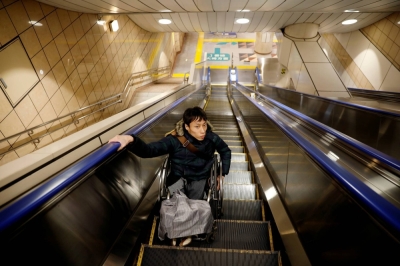Meta
Michael R. Czinkota
For Michael R. Czinkota's latest contributions to The Japan Times, see below:
Jan 9, 2006
Sep 1, 2005
May 25, 2005
Apr 23, 2005
Nov 6, 2004
Aug 16, 2004
Apr 4, 2004
Jan 5, 2004
Oct 13, 2003
Feb 16, 2003
Oct 12, 2002
May 16, 2002
Mar 18, 2002
Jan 15, 2002
Mar 4, 2000
May 31, 1999














